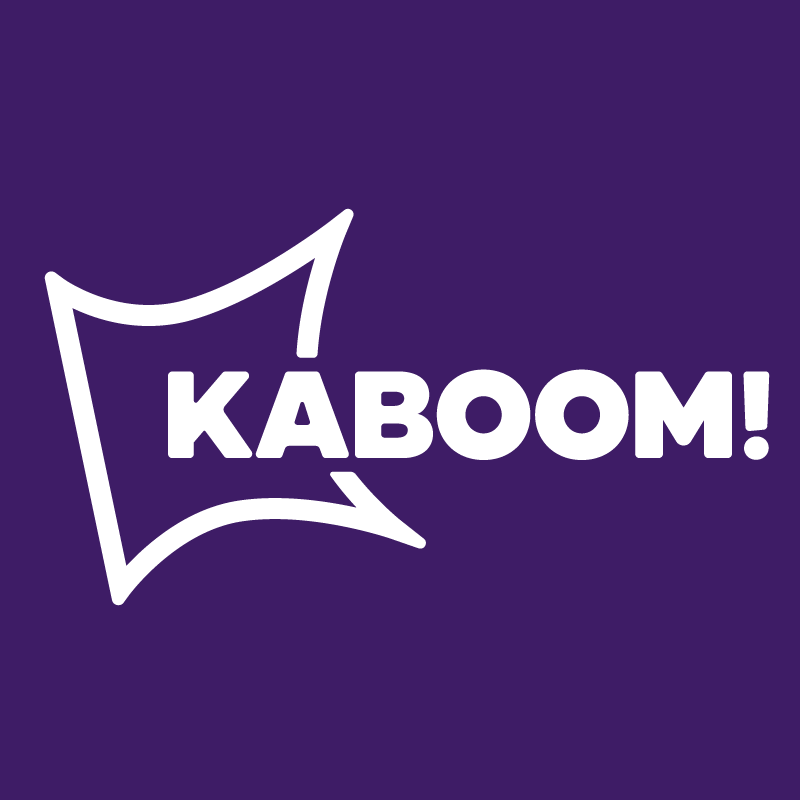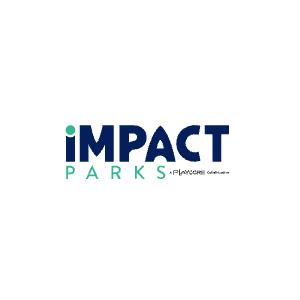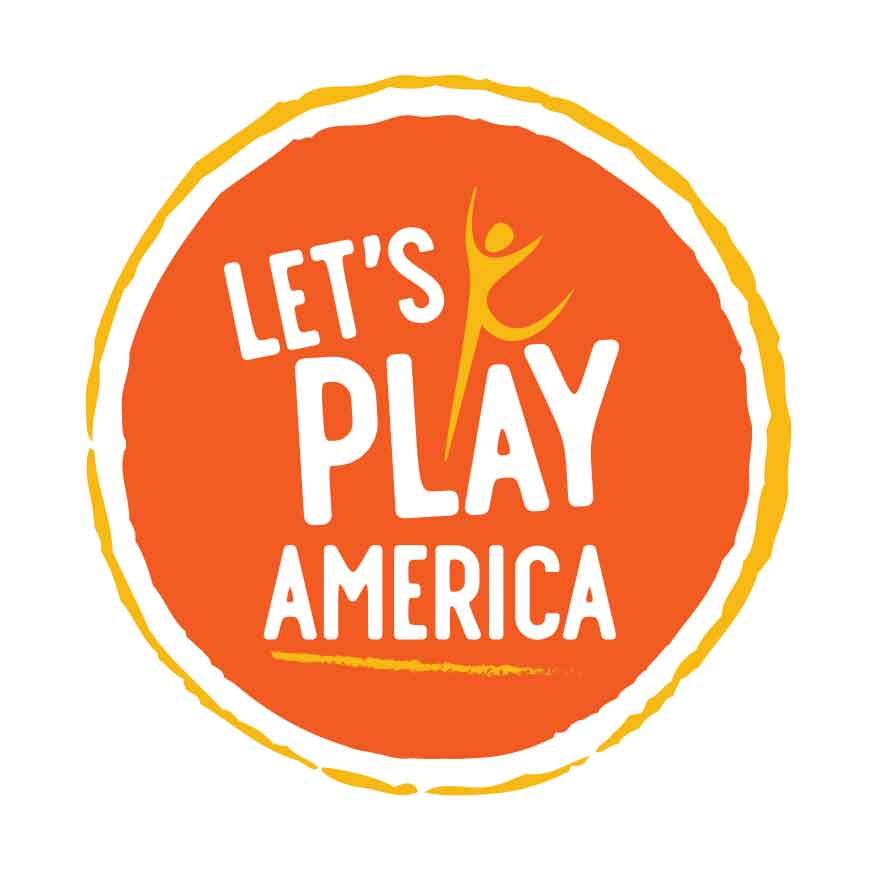Finding a grant for your recreation project really CAN happen!
In an age of tight budgets and funding cuts, obtaining private grant funding is more attractive than ever. But how does a group sort through the plethora of grant information and find the grant that’s right for them? It’s important to follow a step-by-step process in any grant search, and remember it takes time, care, focus, and persistence to succeed. Once a grant proposal had been written and submitted to a funder, it could easily take as long as a year to obtain the funds needed to carry it out. Even a perfectly written grant proposal submitted to the right prospect might be rejected for any number of reasons.
Finding a grant is an art as much as a science. The Internet is a great resource for discovering opportunities; start with search terms that describe the goals of your project and remember that targeting your project toward an easily identified outcome is one of the best ways to align with funding opportunities, as well as appeal to funders who share your goal. For instance, targeting inclusion, fitness, senior health, etc., may open doors to funding opportunties that would be more elusive to a less target-specific project. Each funder has an interest in making grants for a particular purpose—sometimes a very specific purpose. Many grant proposals never have a chance of success because of poor upfront research. For instance, it’s not enough to know that the foundation makes grants for health. Do they support health screenings, exercise programs, tangible equipment? Do they specialize in funding organizations working with high poverty areas only? The answers to these questions might qualify, or disqualify, your project, so it’s important to have all the details up front. Luckily, the answers to these questions can be easily answered simply by reading all of the foundation’s guidelines. You should also look closely at what grants they have made in the last two-three years to see if their stated guidelines are being followed to the letter, or if there may be room for interpretation. You can find this information through the funder’s IRS 990 form, which is generally available for free at guidestar.org.
Also, don’t forget to check local grant opportunities that may be unique to your town, county, or state. Your local government may be able to direct you to field offices or websites that will clarify these grant opportunities and how to qualify. If you are working with an equipment manufacturer, don’t forget to ask them for help; they may be able to provide a comprehensive list of grant sources to help fund the project.
When you do find a grant source whose funding goals match your project, remember to research the specific grant writing formulas that each source may prefer to adhere to. Many funders today prefer a brief letter proposal; others require that you complete a grant application form before receiving an invitation to submit a full grant proposal; still others prefer a full proposal as a starting point. Be sure to understand these preferences, so you don’t waste your time, or that of the funder. It is also important to remember to target the grant proposal to the individual funder. If you don’t take the time to research their mission and values and then target your “ask” toward fulfilling them, you are wasting your time and that of the funder. Thre is nothing less productive than creating one master grant aplication, then blindly sending it to every funder you can find that has an open grant. After years of reviewing grant applications, this is immediately apparent to the funder, and they will likely reject your proposal for lack of alignment to their process and/or mission. Much like a resume, this written information is all they will have to decide whether to further the process. Also like a resume, they receive hundreds, perhaps even thousands, of applications for each grant. Unless your grant proposal grabs their eye, it may get nothing more than a perfunctory glance before being tossed aside.
The first thing you will need to do in writing a grant proposal is to gather information. You’ll want to address the need that the grant will meet, and show that the proposed project reinforces the overall direction of your organization, as well as matches the goals of the funder. They may need to be convinced that the case for the project is compelling.
When preparing a grant application, there are key components to cover. They include the nature of the project, why it is necessary, and how it will be executed; the timetable for the project; the anticipated outcomes and your plan to evaluate the results to prove the outcomes have been met. You’ll also need to include detailed information on your organization’s background, primary activities, audience and services, and the budget needed to complete the project.Remember to focus the proposal on the greater need. For instance, you wouldn’t ask for $25,000 to build an outdoor fitness area because you have a budget shortfall; you would be more successful to paint a picture and say your goal is to improve the lives and increase healthy activity of the 1000 people in the community who indicate they would exercise outside, and allow their results to be tracked, if only they had an outdoor gym to do so. Be clear in the amount of funding you are asking for, detail how it will be spent (in a realistic and accurate budget), and include what measurements/outcomes will be charted to ensure the project obtains the desired results.
Grant review procedures vary widely; the decision-making process can take anywhere from a few weeks to six months or more. During the grant review process, the funder may ask for additional information either directly from you or from outside consultants or professional references. Some grant makers outline their review procedures in annual reports or application guidelines. If you are unclear about the process, don't hesitate to ask.
If your hard work results in a grant, be sure to acknowledge the funder's support with a letter of thanks. You also need to discover whether the funder has specific forms, procedures, and deadlines for reporting your project’s progress. Clarifying your responsibilities in the beginning, particularly with respect to financial reporting, will prevent misunderstandings and problems later.
Also keep in mind that rejection isn’t necessarily the end of the grant process. If you're unsure why your grant proposal was rejected, ask. Did the funder need additional information? Would they be interested in considering the proposal in the future? And remember, there's always next year! Here are some online resources for grant research:
http://www.playcore.com/programs/funding-resources.aspx
http://www.guidestar.org/Home.aspx
Image courtesy of Stuart Miles at FreeDigitalPhotos.net









